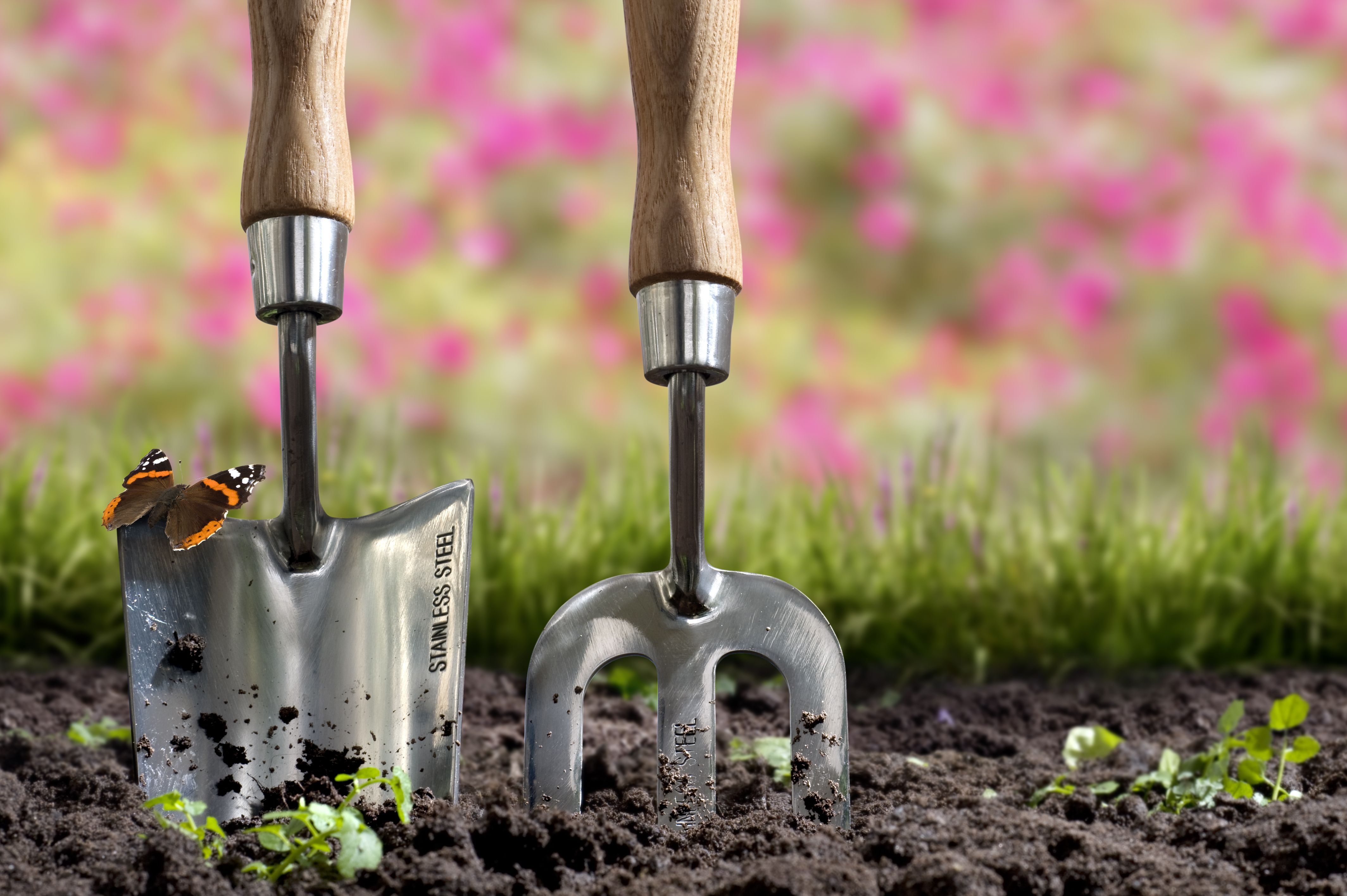Seasonal Gardening Tips: What to Plant and When for Ideal Outcomes
Seasonal Gardening Tips: What to Plant and When for Ideal Outcomes
Blog Article
Opening the Perks of Gardening: A Detailed Take A Look At the Different Types and Their Impact on Well-Being
Exploring the multifaceted benefits of horticulture discloses a range of techniques that significantly boost specific health. From veggie and herb gardens to container and raised bed setups, each kind supplies distinctive benefits that prolong beyond mere farming. These tasks not just foster physical health and wellness through active involvement yet likewise contribute to mental health by alleviating stress and motivating mindfulness. As we take a look at these diverse horticulture methods, it becomes noticeable that their influence can resonate on personal, social, and ecological levels, prompting a more detailed check out how these connections form a natural narrative of holistic wellness.
Types of Horticulture

Blossom horticulture, another popular classification, emphasizes the aesthetic appeal of grown blossoms. This type can enhance landscapes and advertise biodiversity by bring in valuable pollinators. Natural herb gardening entails expanding aromatic and cooking plants, contributing both to cooking and all-natural remedies.
Container gardening deals flexibility, enabling people with limited room to participate in gardening by utilizing pots and planters. This method is specifically popular in urban setups. Raised bed horticulture, on the other hand, includes creating elevated stories that enhance soil water drainage and ease of access, making it easier for garden enthusiasts to handle their plants.
Finally, area gardening cultivates collaboration among people in shared areas, promoting social interaction and cumulative responsibility. Each kind of horticulture serves unique purposes and caters to various choices, making horticulture a versatile task that can be customized to individual requirements and environments.
Mental Health And Wellness Advantages
Participating in various sorts of horticulture not only generates substantial benefits such as fresh fruit and vegetables and gorgeous flowers yet also provides considerable psychological wellness benefits. Research suggests that horticulture can be an effective device for decreasing anxiety, anxiousness, and clinical depression. The act of tending to plants and cultivating a garden promotes a sense of objective and accomplishment, which can boost general emotional well-being.
In addition, gardening urges mindfulness, as it needs people to focus on the here and now moment, whether it be growing seeds or supporting growth. This mindfulness method can lead to minimized rumination and boosted mood stability. The exposure to natural surroundings during gardening has also been connected to boosted cognitive operating and lowered sensations of tiredness.
Social interaction plays a critical duty in psychological health and wellness, and neighborhood gardening initiatives provide opportunities for people to get in touch with others, promoting a sense of belonging. The shared experience of horticulture can grow friendships and support networks, further strengthening psychological durability.
Physical Wellness Advantages
Several individuals might not realize that gardening additionally offers significant her explanation physical health advantages. Engaging in gardening tasks requires a variety of physical activities, including flexing, training, digging, and planting, which jointly add to improved stamina, flexibility, and endurance. These actions can boost cardiovascular health and wellness by advertising an elevated heart price, therefore decreasing the threat of heart disease.
Additionally, horticulture can work as a moderate-intensity exercise, assisting people attain recommended exercise levels. Research studies show that normal participation in gardening can burn substantial calories-- approximately 200-400 calories per hour, depending upon the strength of the jobs executed. Such calorie expense is useful for weight monitoring and total metabolic health.
Additionally, exposure to sunshine during gardening can facilitate the synthesis of vitamin D, which plays an essential role in maintaining bone wellness and supporting immune function. Furthermore, the act of horticulture typically entails dealing with soil, which has actually been linked to prospective mental and physical health and wellness benefits due to the presence of advantageous microorganisms. Gardening.
Social Connections With Gardening
The public facets of gardening foster meaningful social connections amongst people. Community yards, specifically, act as vibrant hubs where individuals from diverse backgrounds come together, cultivating not just plants but additionally relationships. These common rooms urge collaboration, allowing people to trade understanding, abilities, and resources, thus boosting their horticulture experience and fostering a sense of belonging.
Engagement in horticulture activities often causes the formation of friendships and support networks. Participants regularly join for usual objectives, such as growing periods, harvest parties, or educational workshops, which reinforce interpersonal ties and develop a feeling of area. Such interactions can alleviate sensations of isolation and enhance psychological well-being, as people find friendship and sociability in shared undertakings.

Environmental Influence of Horticulture
Gardening resource substantially adds to Extra resources ecological sustainability in numerous ways. One of one of the most remarkable benefits is the improvement of biodiversity. Home yards supply crucial environments for numerous types, consisting of pollinators such as and butterflies, which are crucial for ecological community health and wellness. By cultivating varied plant species, gardeners can produce a well balanced atmosphere that sustains both flora and animals.
Moreover, yards play a critical function in water conservation. Tactical landscapes, consisting of native plants and xeriscaping, reduce water use and avoid runoff, therefore securing local rivers from air pollution.
Verdict

The varied types of gardening-- including veggie, blossom, natural herb, container, and raised bed-- contribute to psychological and physical wellness, foster social connections, and promote environmental sustainability. By involving in horticulture practices, people can experience better quality of life while also supporting neighborhood bonds and eco-friendly wellness.
Report this page